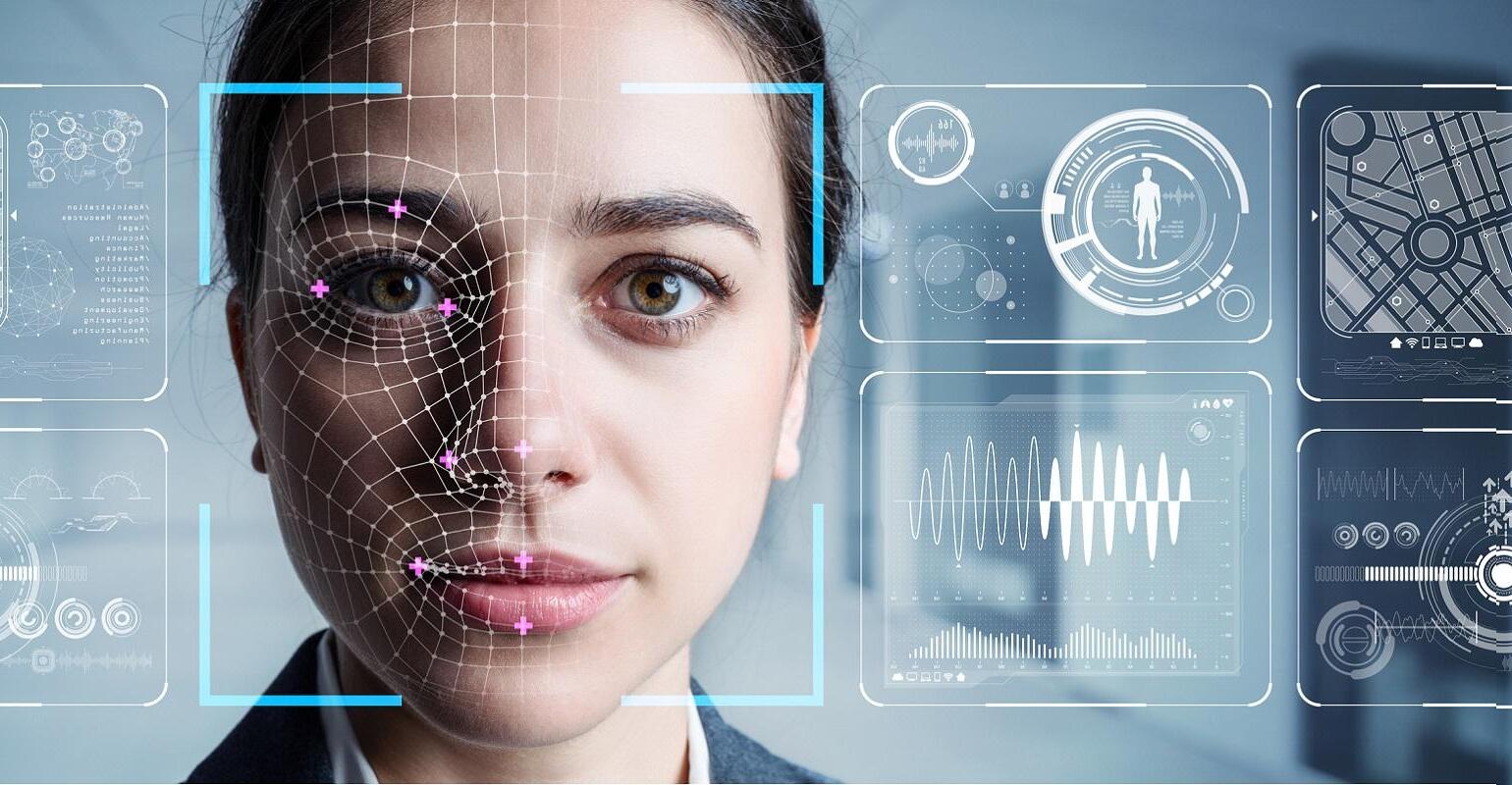
Identity verification is a crucial process in today’s digital age. It ensures that individuals are who they claim to be, protecting against fraud and unauthorized access. But what exactly does identity verification entail? Identity verification involves checking personal details against reliable sources, such as government databases or financial institutions. This process can include various methods like biometric scans, document verification, and two-factor authentication. Why is identity verification important? It helps maintain security, build trust, and comply with regulations. Without it, online transactions and interactions would be far riskier. Ready to dive into 28 fascinating facts about identity verification? Let’s get started!
Key Takeaways:
- Identity verification is crucial for security and trust in transactions. Biometric data, 2FA, and blockchain tech are key methods, but challenges like privacy concerns and cost need to be addressed.
- The future of identity verification looks promising with AI, machine learning, and enhanced biometrics. Efforts are underway to create global standards for identity verification, ensuring a secure and reliable process.
What is Identity Verification?
Identity verification is the process of confirming that a person is who they claim to be. This is crucial for security, preventing fraud, and ensuring trust in various transactions. Here are some fascinating facts about identity verification:
-
Biometric Data: Fingerprints, facial recognition, and iris scans are common biometric methods used for identity verification.
-
Historical Methods: Ancient civilizations used physical descriptions and personal items for identity verification.
-
Digital Age: Online identity verification has become essential with the rise of e-commerce and online banking.
-
Two-Factor Authentication (2FA): Combining something you know (password) with something you have (phone) enhances security.
-
Blockchain Technology: Blockchain offers a decentralized way to verify identities, reducing the risk of data breaches.
Why is Identity Verification Important?
Identity verification plays a critical role in various sectors, from banking to healthcare. It helps prevent fraud, ensures compliance with regulations, and builds trust.
-
Fraud Prevention: Verifying identities helps prevent identity theft and financial fraud.
-
Regulatory Compliance: Many industries must comply with regulations like KYC (Know Your Customer) and AML (Anti-Money Laundering).
-
Trust Building: Verified identities build trust between parties in a transaction, whether online or offline.
-
Access Control: Ensures only authorized individuals can access sensitive information or areas.
-
Healthcare Security: Verifying patient identities prevents medical fraud and ensures accurate medical records.
Methods of Identity Verification
There are various methods used to verify identities, each with its own advantages and challenges.
-
Document Verification: Checking government-issued IDs like passports and driver’s licenses.
-
Knowledge-Based Authentication (KBA): Asking questions that only the true individual would know.
-
Biometric Verification: Using unique biological traits like fingerprints or facial features.
-
Social Media Verification: Some platforms use social media profiles to verify identities.
-
Mobile Verification: Sending a code to a mobile phone to confirm identity.
Challenges in Identity Verification
Despite its importance, identity verification faces several challenges that need to be addressed.
-
Privacy Concerns: Collecting personal data for verification can raise privacy issues.
-
Data Breaches: Storing verification data can make systems targets for hackers.
-
False Positives/Negatives: Incorrectly verifying or failing to verify legitimate users.
-
Technological Limitations: Not all regions have access to advanced verification technologies.
-
Cost: Implementing robust identity verification systems can be expensive.
Future of Identity Verification
The future of identity verification looks promising with advancements in technology and increased focus on security.
-
Artificial Intelligence (AI): AI can enhance verification processes by analyzing patterns and detecting anomalies.
-
Machine Learning: Machine learning algorithms improve over time, making verification more accurate.
-
Decentralized Identity: Blockchain and other technologies may lead to decentralized identity systems.
-
Enhanced Biometrics: Future biometrics could include DNA verification and behavioral biometrics.
-
Global Standards: Efforts are underway to create global standards for identity verification.
Fun Facts about Identity Verification
Here are some interesting tidbits that highlight the unique aspects of identity verification.
-
Oldest Method: The oldest known method of identity verification is the use of seals and signatures in ancient Mesopotamia.
-
Fingerprint Use: Fingerprints have been used for over 100 years in law enforcement for identity verification.
-
Facial Recognition: The first facial recognition system was developed in the 1960s and has evolved significantly since then.
Final Thoughts on Identity Verification
Identity verification plays a crucial role in today's digital age. It helps protect personal data, prevent fraud, and ensure secure transactions. From biometric scans to two-factor authentication, these methods keep our information safe. Businesses benefit too, building trust with customers and complying with regulations.
Understanding the importance of identity verification can help you stay vigilant and protect your personal information. Whether you're shopping online, accessing sensitive data, or simply logging into social media, knowing that your identity is secure brings peace of mind.
As technology advances, so will the methods of verifying identities. Staying informed about these changes ensures you remain one step ahead of potential threats. So, next time you encounter an identity verification step, remember its significance in safeguarding your digital life.
Frequently Asked Questions
Was this page helpful?
Our commitment to delivering trustworthy and engaging content is at the heart of what we do. Each fact on our site is contributed by real users like you, bringing a wealth of diverse insights and information. To ensure the highest standards of accuracy and reliability, our dedicated editors meticulously review each submission. This process guarantees that the facts we share are not only fascinating but also credible. Trust in our commitment to quality and authenticity as you explore and learn with us.
